My family has experienced what I consider the great eastward migration, since the beginning of its existence in the United States. On my father’s side, I know they arrived before 1911, as my grandfather, who was born in that year, was born in this country (though he only spoke Yiddish until he went to school). He would repeat back to his family that he had been called “greenhorn” by the neighborhood kids, between stealing potatoes and whirling them around in makeshift stoves made out of cans and a lump of flaming coal.
His family lived on the Lower East Side of Manhattan, on Ludlow street, in a house that had gas lamps inside the building (like my former house in DC had in the back bedroom), an area I would later visit with friends in high school, to go to bars where they would let us in, even though the drinking age was 21 and we were just a bunch of kids, and too short of money to buy any beer, anyway.
From there, the family moved east to Brooklyn, which is where my mother and father met and married, and raised us, in an area of Brooklyn called Midwood, which is now populated almost exclusively by Orthodox Jews. At the time we lived there, there were many, and in order to fit in, I would put on a skirt to go play with the various girls named Chana and Ruchie and some of the younger brothers, including one called Shlomo. We mainly played jumprope and played ball tossing games with rhymes and movements, like A my name is Alice, if you know what I mean.
From here, I would take off into the world, and my mother would sell the house I grew up in and move out to Queens. I know from the perspective of a Manhattanite, it’s all the “outer boroughs” and viewed somewhat with disdain. But, being from Brooklyn, I had been to Queens proper only once on purpose, which was to go to Flushing Meadow Park and meet up with the kids from Hashomer Hatzair, when I was in a socialist youth movement called Habonim Dror. I remember we played a game called “If you love me baby, smile” and I developed an intractable and unrequited crush on a boy named Aaron who was much taller than me (no easy feat when I was 11) and whose name I would scribble in bubble letters on my notebook.
So when my mother moved to Queens, it seemed alien to me. There was still public transportation, but it seemed much more spaced-out, and there was something vaguely All in the Family-esque about it. Later, my sister, who had since moved in with my brother-in-law and married him, living in an apartment in Manhattan right near the Dakota, where John Lennon was assassinated, moved into a house on Long Island, not far from where my brother-in-law had grown up. My mother also later moved to Long Island, moving progressively further east (thus name “the great eastward migration”).
I, in the meantime, had lived in Massachusetts, California, Oregon, Washington, DC, Ecuador and then Chile. Whenever I went “home,” I would paw through old items left in the basement or brought to the new basement, things that seemed important at the time, and make a trip into “the city” to eat tapas with friends, meet my awesome makeup artist friend and sit in her chair while she worked her magic, or sleep on the sweaty couch of my friends who live in a Chelsea loft with their fashion-savvy six-year-old and who design anti-fashion clothes.
New York was removed, but it was accessible. I rode a bike around it, retraced my entire high school life (in a single day) on bike and subway, marveled over the gentrification of the West Village, and ate giant plates of food at Benny’s Burritos. I even went to Katz’s delicatessen to get a Dr. Brown’s Cream Soda and maybe a knish, or a pickle, but definitely not a pastrami sandwich, as my father or grandfather would have, since I stopped eating meat even before I left New York.
My sister and her family later up and moved to San Francisco, a huge change for them, and it brings me tremendous joy to see my Rainbow-Brite-haired 11-year-old niece make social commentary and pull out her phone to tell me when the next bus is coming, and watch my nephew tricycle at excessive speed down past the library to where he can pedal freely in circles. A good move, by all counts.
But that was the beginning of pulling away from New York. Now, my mother has decided to move to North Carolina, to a community where I’m pretty sure she’ll be happier and better-accompanied than she has been in a long time. There were a few tense conversations, about whether it might be a better idea for her to move to San Francisco, and although it would be a better idea for me, I’m really the only one that would benefit from it (one trip instead of two to see all my people), and so instead, she’ll carry on and leave New York to live, for the first time in her life, save a summer job she accompanied my father to in 1969, in Los Angeles.
Which means, the second “desprendimiento” (coming loose, if you will), the second hand losing grip on monkey bars and leaving New York behind for good. For the first time in my life, I will not have any family in New York. My grandfather has died, as has his daughter, my father’s sister (and my father, too, but you knew that). There’s no more waiting on the LIRR platform to go back to my mother’s house, nor coordinating with my sister’s family about which train station is better for me to come into. JFK airport is a thing of the past, and so are the non-stop flights to which I’d become accustomed when traveling to the states from South America (and this I lament bitterly).
I’m excited for everyone and the changes they’re making, but it feels so odd to know that there’s no family pulling me there now. I could show up and retrace my steps, or learn new ones, but it won’t really be mine anymore. I will always be from New York, but now I know for sure that the fabric that comprises it will close up and swallow the hole that I left behind over the years, starting in 1988, when I went to college.
But I still hesitate to say I’m an ex-New Yorker. It just doesn’t seem possible. I know having lived there wired me in a way that no other city could have.

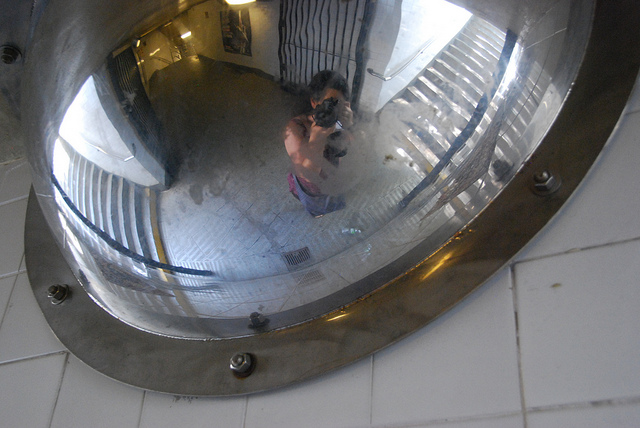
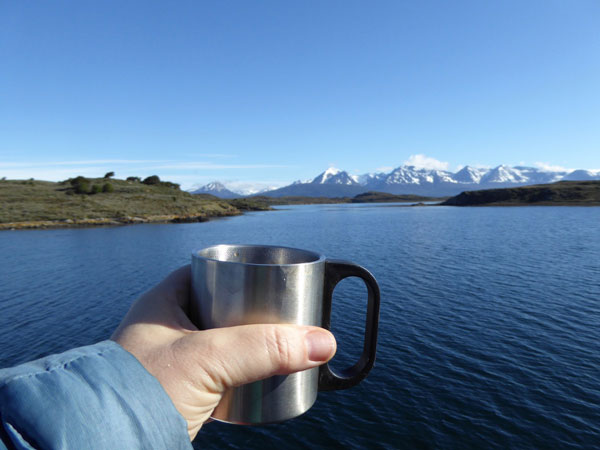
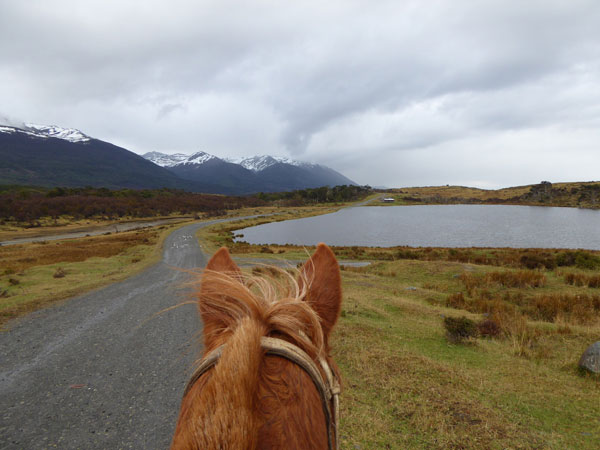
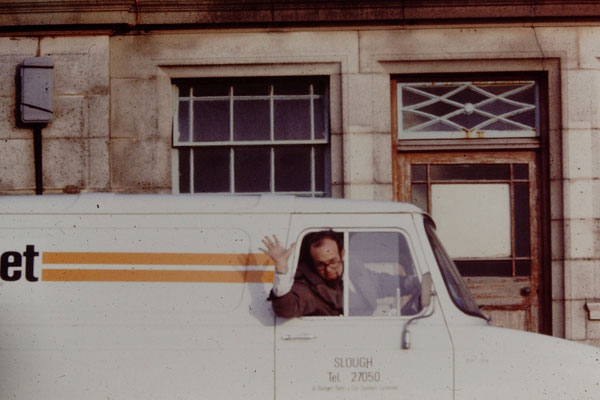
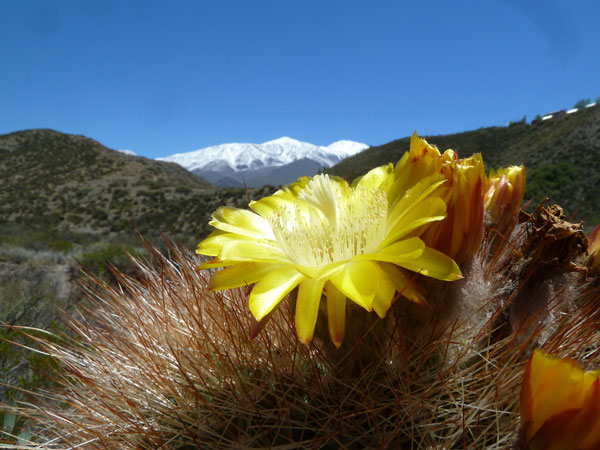
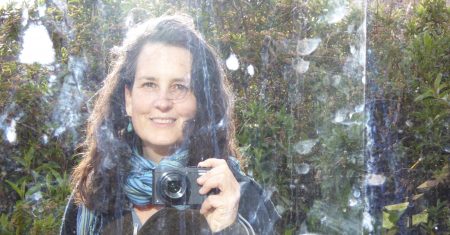
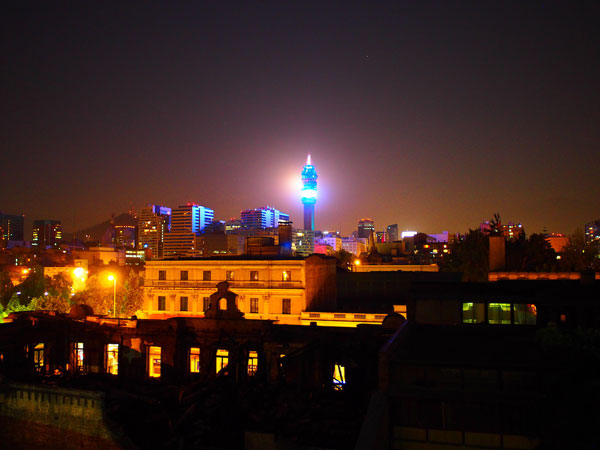
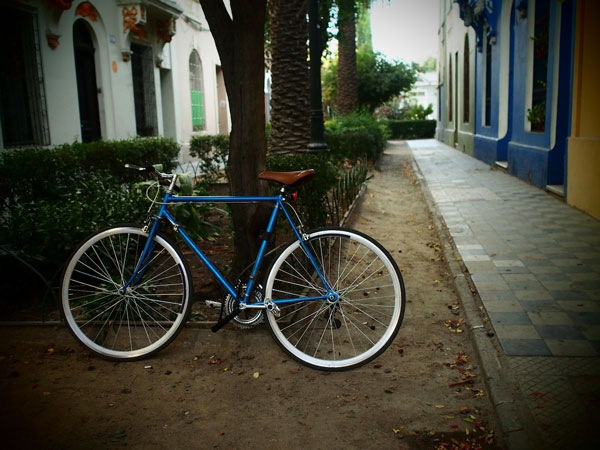


Ud ya es una ciudadana del mundo….al fin uno es de donde decide estar!!! interesante su historia, o parte de ella…
Oh, the idea of where are you from? Oh. This was such a great read and now, I’m going to walk away from my computer and think about it for a little while. Thank you.
I know the feeling. My mom is agonising over where to live now that both her parents have died. She could stay in the UK and be close to two of her brothers, or go to Canada where another brother is, (which is also closer to my brother in Seattle), or she could come to Chile.
In her heart she knows she wants to be close to me and my girls, but Chile is another language, and what about health care? So she is torn. And, I am sad because my girls ask me when we are going to visit the UK again…and I know, now we have little reason to go.
Just the other night my husband and I were looking at the photos we took during our year back in the UK, (2010). Bitter sweet. I have been visiting my grandmother’s house, made by my grandfather for almost 40 years, it has so many memories. But we can’t go back. Even if we went back it would not be the same as that one year we had.
I am one of those kind of people that really holds onto the past. I am learning to let go… 🙂
Did you even ask Grandpa how his parents met? I did. “They were cousins.” Oh.
I meant “ever,” not “even.”
time to become a ñuñoiña? x